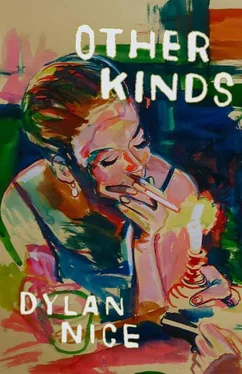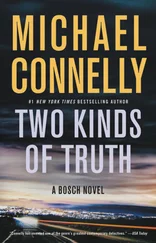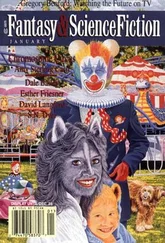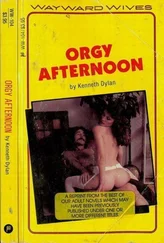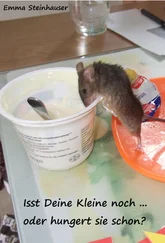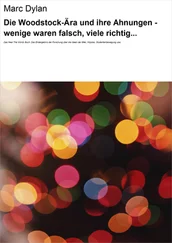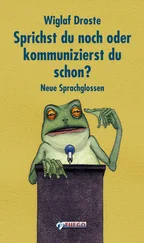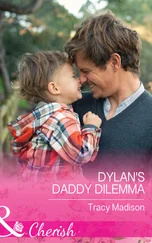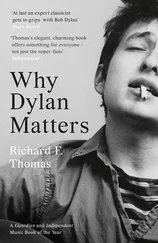The following stories have appeared elsewhere, some in slightly different format:
“The Mountain Town,” “Thin Enough to Break,” “Ice Floe,” “A Short Essay on the War,” and “It’s Never A Little While” in NOON; “Wet Leaves” in Hobart; “We’ll Both Feel Better,” in Dewclaw; “Artifacts” as “5/24/2010” in Wag’s Revue; Prologue I as “Their Health” in Quick Fiction; Prologue II as “The Same Direction” in Gigantic; and Prologue III as “The Silence Itself” in Buffalo Artvoice.
She had me riding a ten speed down a reclaimed railroad bed. She was talking about things she liked while I thought of things I did not like.
I did not like her house. I did not like its drywall. Its central air and Disney-themed snow globes ordered from a catalog inside of a corner cabinet also ordered from a catalog. I did not like their hot tub, their dryer, their dishwasher. I did not like their lifestyle, their health. I did not like that I liked her.
I listened to the gravel under our tires and heard her finish talking about the material of her favorite outfit.
I wanted her to feel tired, cold, alone. I wanted her to be ashamed of everything she’d been given. We were riding slow and beside each other.
“Have you ever worn clothes dried in the sun?” I said.
“Yes,” she said. “You’ve helped me bring them in from the line.”
My mother and I moved to the mountain town not for work or marriage but to leave where we had been. The state offered her work in an office three mining towns over. She was quick to move, to dismiss those other lives only a few months lived. She never seemed entirely like a woman permanent enough to have a son — her skin was ginger and looked cool to the touch.
We stayed mostly in apartments before that. Drywalled, development apartments that felt like my dentist’s office.
This new house was brick. Its halls were narrow and led to empty bedrooms with their own sinks. Under the hall’s floral wallpaper, Mother had uncovered a dumbwaiter shaft empty of its machinery. The air of that house was a different institution, a place moneyed people went to die behind ivied walls.
“You can’t have too much house,” my mother said. “I’ll take in the neighbors’ laundry need be.”
She hung our clothes in the large rooms to dry above the steam radiators because she didn’t like the smell of dryer exhaust sweetened with softener. Her voice suggested this about her, a dark and steady competence. On the old windowsills she arranged antique bottles to match the colors she had painted the walls. She arranged things like that as if the way to make them beautiful was obvious.
Mine was an attic room, and I woke often one night to hear a flood rain down heavy on the asphalt shingles.
There was a cat on the porch in the morning, a stray stranded from the storm. My mother had put tuna in a cottage cheese container and provided shelter for the cat in the mudroom.
“A cat like that,” she said. I heard her heels on the linoleum. Her calves led in a clean curve to a straight black heel. The loveliness of her spell was always broken by some new foolishness, some inconsistency in decision that disrupted the logic of her beauty. I took my book bag from the floor in the mudroom and walked out to the shed to wait for the bus. The shed’s floor was made of loose dark soil. I stood in the center of the thick air feeling contained, smelling the age, the sting of ammonia decades old. There was a great aloneness there.
The bus drove past men smoking while pumps pushed water up from their basements.
It was a morning with damp air that kept the heat and gave a body to every smell. The atmosphere seemed spoiled with an invisible acrid filth. Other children walked jacketed down the long bus aisle and then finding themselves in the yellow stench showed shame on their faces.
The bus stopped at the end of a dirt road that cut into the woods. Through the hemlocks, you could see the outline of the basementless shack from which a brother and his sister came slowly while the driver tapped his horn. The boy’s bangs were cut unevenly and he had a red stain on his upper lip. I wanted him to see how different I was from him again. I liked the reminder that worth could be made visible. We had the same small frame, blond hair, broad nose, but he was poorer than I was.
They walked into the smell I thought would be ascribed to them in the minds of the other children. The two of them silently took the seat before mine. The bus rolled fast down a steep, empty hill.
“Smells like cat piss in here,” the brother said. “Someone smells like cat piss.”
I shut my eyes and listened to the engine. I heard him turn in his seat and felt the indiscretion of his gaze.
“Think your cat pissed in your laundry basket, buddy,” he said. The dozen other kids were turned. Some of the smaller ones hoisted themselves up on the back of their seat.
“We don’t even have a cat,” I said.
I brought my bag on to my lap and could feel a damp spot on its bottom.
The sister turned next to him. She was a year ahead of me and wore plain, long dresses. She brought herself up to her knees and leaned her body over the seat toward me.
“Have the secretary in the office call your mother,” she said. “You’ll need a change of clothes.”
My mother called me “bud” on the phone and was sorry but the drive was too long to make during her lunch hour. Just hold tight, she said. It’ll be fine. I slid the phone back across the office counter to the large-faced secretary who sat there all day.
“Head back to your classroom now, Hun,” she said.
That day I could hear all of their breathing, the embarrassed hush of their disgust.
Mother was on the couch and seemed to have been asleep for a long time. When I returned, her curled hair hung out of the top of a wrapped red blanket. The heat was on low; the radiators were cold to the touch. A candle that smelled like apples burned on the wooden end table.
The cat had not gone. It had come into the house and slept in a box of unpacked picture frames. I put the cat back out in the mudroom and shut the door fast before it could get back in.
A frosted window in the bathroom let the street light in, so I kept the overhead light off. The soap Mother bought looked like amber, and the smell of it, and of her, got stronger in the hot water. I stood with the water running and tried to make out the shapes of other houses through the swirls in the window.
Once, on a holiday drive with my father, the forest around us broke and we drove a ridge above a valley of vinyl-sided houses.
“Look at all those boxes,” he told me. “And each one has its own little box problems.”
I looked down on them and only imagined those upper rooms and their daughters. They were girls in tight denim embroidered with names associated with expense. I saw myself in their rooms, in their down and cotton, in the canopied beds bought for a childhood that was to remain a secret, untouched by labored hands. The roofs pitched steeply, and snow collected white on the colder eaves.
I couldn’t think to be upset.
My father was buying cantaloupes. He saw a man who hung around the store and who lived in a trailer nearby. His pants were torn up the back. His hair strung down his face.
“He is kind of slow, I think,” my father told me over lunch.
Читать дальше
